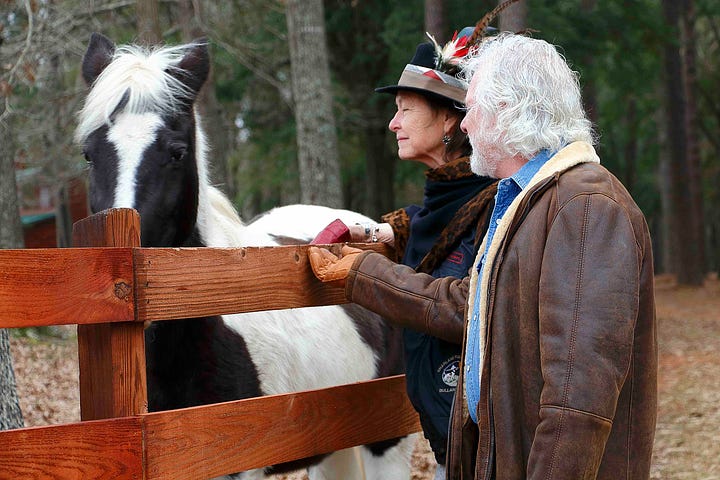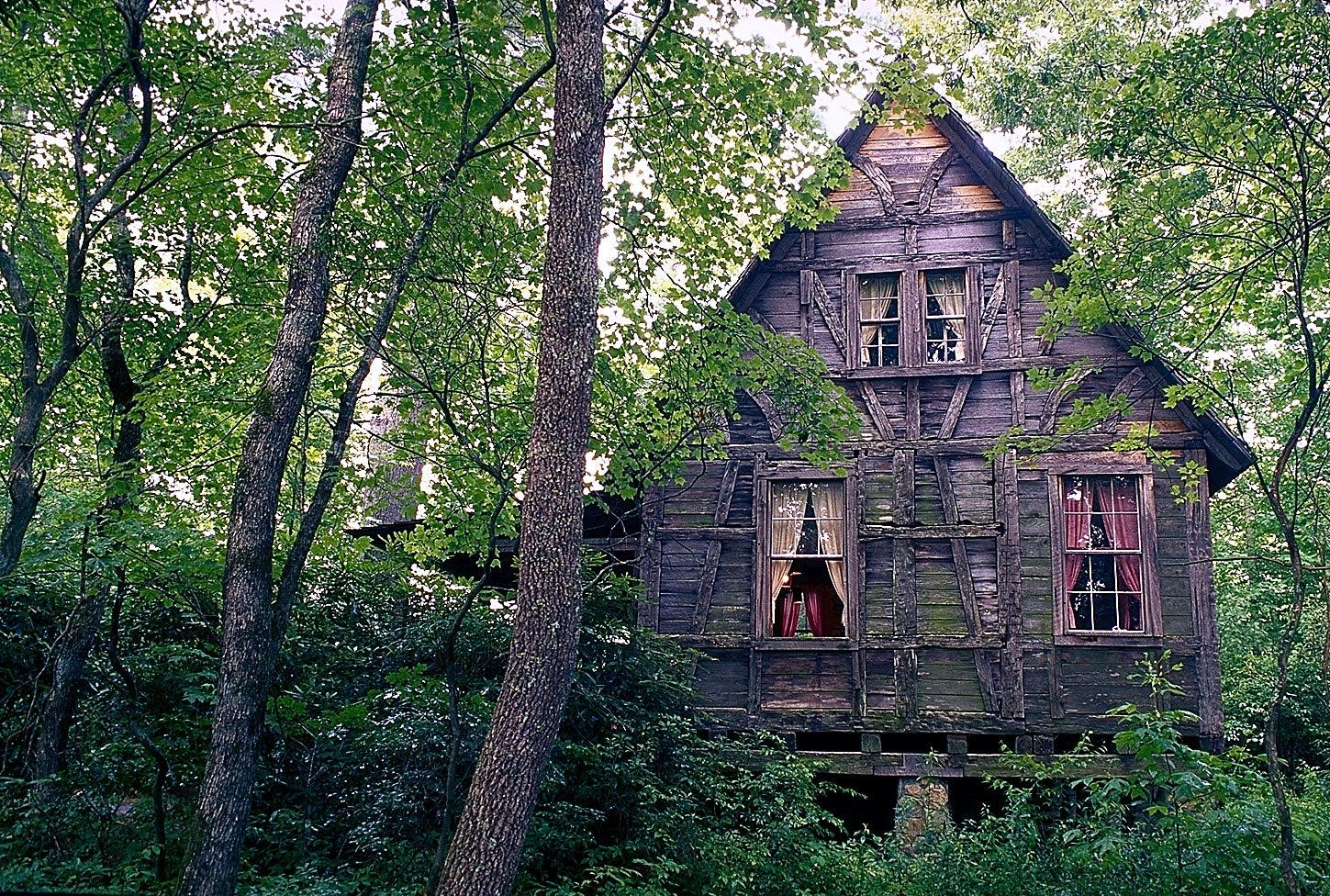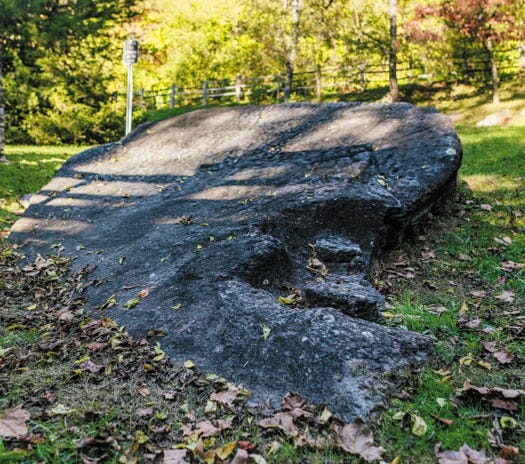Chuck Leavell, Judaculla Rock, and the Forest Festival Trail
Explore North Carolina’s Cradle of Forestry and Southern Highlands
This weekend we’re journeying to the Cradle of Forestry in North Carolina’s Pisgah National Forest, exploring ancient petroglyphs in nearby Sylva, and dropping in on the Craft Fair of the Southern Highlands in Asheville.
Before we dive in, be sure to enter our fall giveaway for a chance to win a Designed for Joy Dorothy shoulder handbag.


Rockin’ the Cradle of Forestry
Musician Chuck Leavell is also a dedicated a conservationist
By Tom Poland
You’ve heard Chuck Leavell’s piano and keyboard magic on the works of Eric Clapton, The Rolling Stones, John Mayer, The Black Crowes, George Harrison, The Allman Brothers Band, The Indigo Girls, Blues Traveler, Train, Montgomery-Gentry, Lee Ann Womack and many, many more. Besides being a well-established pianist/artist in the music industry, he’s a published author, tree farmer, and advocate of keeping our environment healthy.
Chuck’s conservation work began in the early 1980s during a rare lull in music. He sensed that opportunity grew from Georgia soil. Trees. He began to study forestry, even studying forestry by correspondence while riding a tour bus with the Fabulous Thunderbirds. It took time, but he and Rose Lane would turn their land into a textbook tree farm.
Petroglyphs on Judaculla Rock
Sylva, North Carolina
Judaculla Rock, one of our fall issue Secrets, remains a significant Cherokee archaeological site in North Carolina. It displays 1,548 petroglyphs carved around 1,500 years and linked to the legend of Judaculla, a slant-eyed giant. The soapstone boulder on which the petroglyphs were etched was quarried 3,000 years ago, primarily for the creation of bowls. This site has been protected by the Parker family for nearly a century and is now preserved in a conservation easement along the Blue Ridge Heritage Trail, ensuring its cultural and historical value for future generations.
Bronze Age Link: Some of Judaculla Rock’s petroglyphs dated at over 4,000 years old may predate Cherokee origins, with carvings linked Bronze Age Irish, Scandinavian, Mayan, and Peruvian migrants. Symbols suggest celestial and microscopic imagery, possibly inspired by mica lenses, hinting at ancient multi-ethnic influences and early Sephardic Jewish encounters.

Craft Fair of the Southern Highlands
October 16-19, 2025 • Asheville, North Carolina






